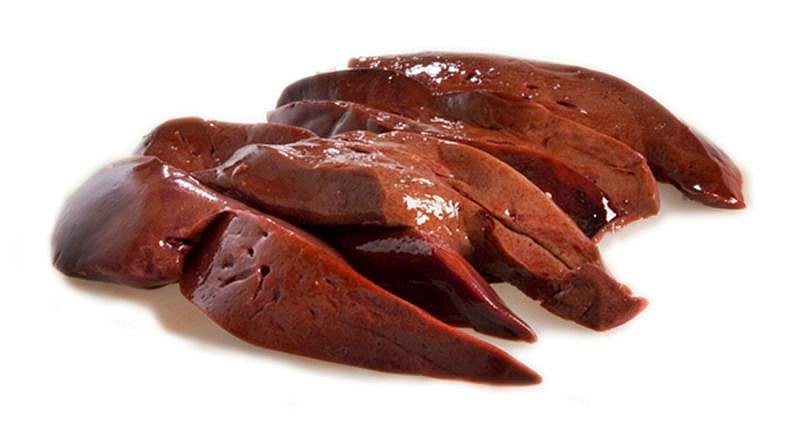The liver is an organ about the size of a football. It sits just under your rib cage on the right side of your abdomen. The liver is essential for digesting food and ridding your body of toxic substances.
Liver problems can be caused by a variety of factors that damage the liver, such as viruses, alcohol use, obesity, and of course, inherited (genetic).
Over time, conditions that damage the liver can lead to scarring (cirrhosis), which can lead to liver failure, a life-threatening condition. But early treatment may give the liver time to heal.
Here are four of the most common signs of liver failure and possible treatments. See your doctor if you notice any of these issues.
Fluid retention
This is the most common sign of liver disease, appearing in 50 percent of people who have cirrhosis, a condition in which scar tissue replaces healthy liver tissue. Accumulating fluid may cause distension in your abdomen or swelling in your legs.
This happens when high blood pressure develops in your liver veins or when your liver is unable to make albumin, a protein that prevents leaks from your bloodstream into tissue.
Treatment options: A low-sodium diet may help alleviate mild fluid retention. For moderate-to-severe retention, your doctor may prescribe diuretics, commonly known as “urine pills.” Severe cases often call for paracentesis, using a needle to drain abdominal fluid.
Jaundice
This condition causes darker urine and a yellowish tint in skin or the whites of your eyes. It appears when bilirubin, a pigment that forms when red blood cells break down, builds up in your bloodstream. A healthy liver absorbs bilirubin and converts it into bile. Your body then excretes it in stool. When the liver is sick , it may not function optimally and jaundice appear.
Treatment options: Jaundice is a one of the sign of liver failure, if you have jaundice, your doctor may evaluate you for a liver transplant depending on cause.
Bleeding
Your liver typically cycles about 25 percent of your blood from the portal vein. But cirrhosis creates an opportunity for bleeding. You may vomit blood or notice blood in stool or rectal bleeding.
“Usually, the flow through the liver is like driving through a high-speed highway — it’s quite rapid. But, when you have cirrhosis, that highway, because of scarring, becomes a bumpy road or a big traffic jam,” “Consequently, the blood tries to find detours.”
Those detours send blood to your spleen which enlarges as it tries to relieve the congestion. Varicose veins may develop in your esophagus and stomach, and these enlarged veins can also easily bleed.
A healthy liver produces clotting proteins. But, a sick liver can’t and more bleeding results. An enlarged spleen collects platelets from your bloodstream.
A low platelet count makes you more susceptible to nosebleeds and bleeding gums.
Treatment options: If you’re vomiting blood, go to the emergency room immediately. Doctors will evaluate and stop your bleeding using an upper gastrointestinal endoscopy. If bleeding is severe, they may implant a stent to connect veins running in and out of your liver and create a new pathway for the blood.
Confusion
When your liver is unable to filter toxins, they may travel to your brain. The resulting condition, known as hepatic encephalopathy, can cause confusion, memory problems, lethargy, and coma.
Treatment options: The standard treatment is the laxative lactulose, it binds to toxins in your colon and flushes them out before they get into your bloodstream. Next level of treatment is a liver transplant.
Four tips for keeping your liver healthy
Exercise at least fives times a week for at least 30 minutes each time
Eat a healthy diet that is low in refined sugars, processed foods, sweets, sodas, and refined carbohydrates. Choose fruits, vegetables and high-fiber foods instead
Avoid Alcohol
Maintain a healthy weight
Ultimately, remember that alcohol abuse isn’t the only cause of liver failure. Take care of your body and control chronic conditions to keep your liver healthy.
(Dr Prashant Shinde , Consultant Paediatric Gastroenterologist and Hepatologist, Yashoda Hospitals Hyderabad)










